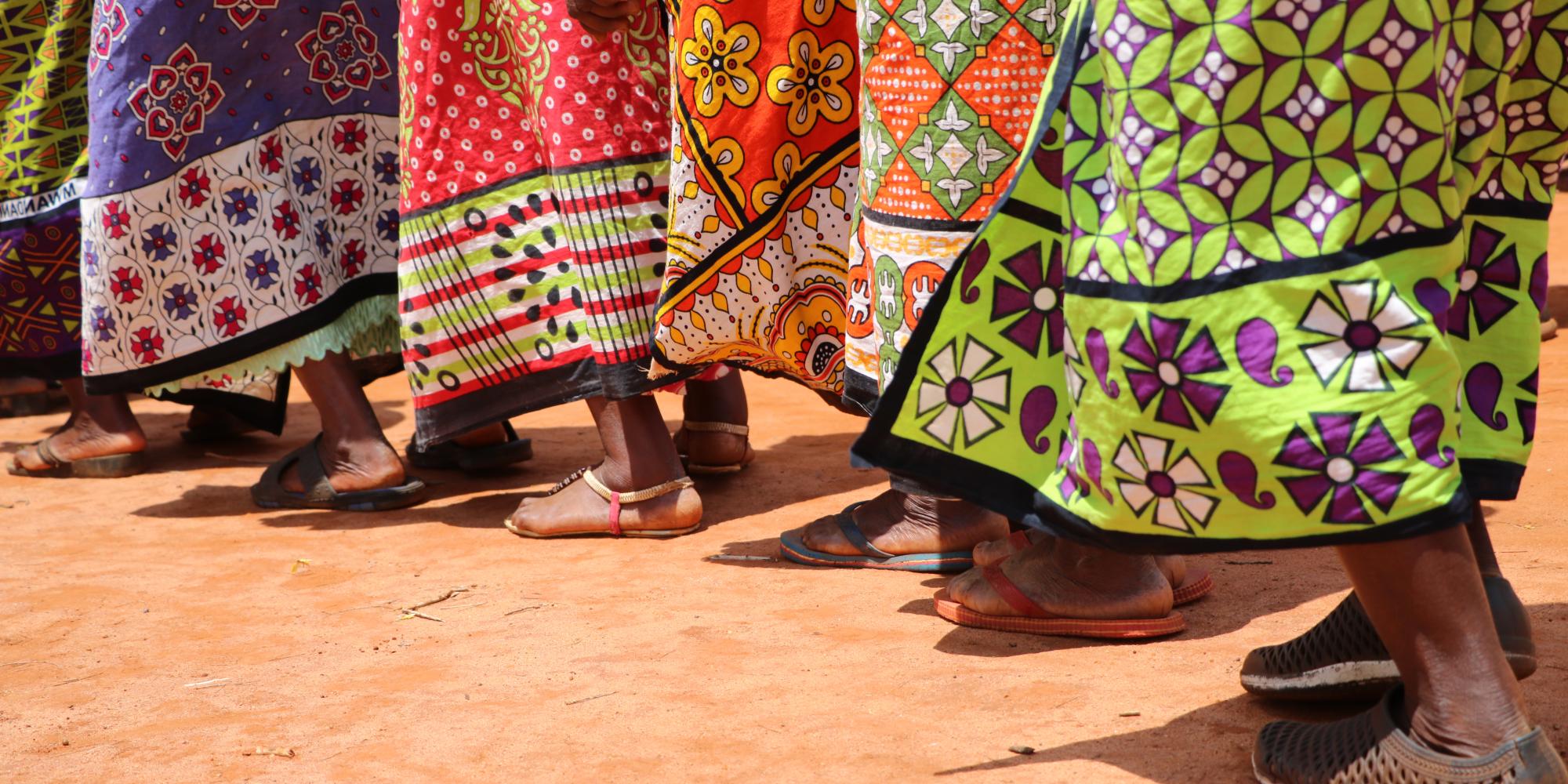
SDDirect together with a local research partner, Forcier, were contracted by the World Bank Kenya to undertake a gender-based service (GBV) service gap analysis in four counties (Bomet, Kisumu, Kitui and Kwale). The overall objectives of the study were to:
-
Assess the availability and quality of GBV prevention and response services in the four sub counties
-
Assess community perceptions and attitudes towards GBV that influence service-seeking behaviour,
-
Make concrete operational recommendations to strengthen awareness, access and quality of GBV prevention and response services in particular in key sectors that are looking to integrate GBV (e.g. health, education, justice and policing, livelihood-focused community-driven interventions).
The qualitative study included both primary and secondary research and included 40 focus group discussions with approximately 600 GBV service users as well as 60 key informant interviews with key stakeholders including service providers and community representatives from both formal and informal structures.
The findings of the study highlighted the widespread nature of all forms of GBV across the four counties, as well as the dominance of deeply entrenched harmful norms surrounding GBV. SDDirect was further contracted to undertake a deep dive qualitative study on the dynamics of economic violence and asset dispossession in Kitui County, an issue highlighted by the service gap analysis as being particularly widespread. Economic violence, including asset dispossession, can have long-term implications for women’s financial security, and is often accompanied by other forms of GBV. While data on economic violence in Kenya is limited, insights from the recent GBV service gap analysis suggest that it is particularly widespread and normalised in Kitui County, alongside other forms of abuse. This follow on in-depth qualitative study for the World Bank included 24 focus group discussions and 136 key informant interviews with almost 350 people in total in four sub-counties, explored the dynamics of economic violence including asset dispossession in Kitui County.
The findings, presented a rich contextual understanding of economic violence in Kitui Country, informing a number of practical operational recommendations for the World Bank to strengthen local level response.


